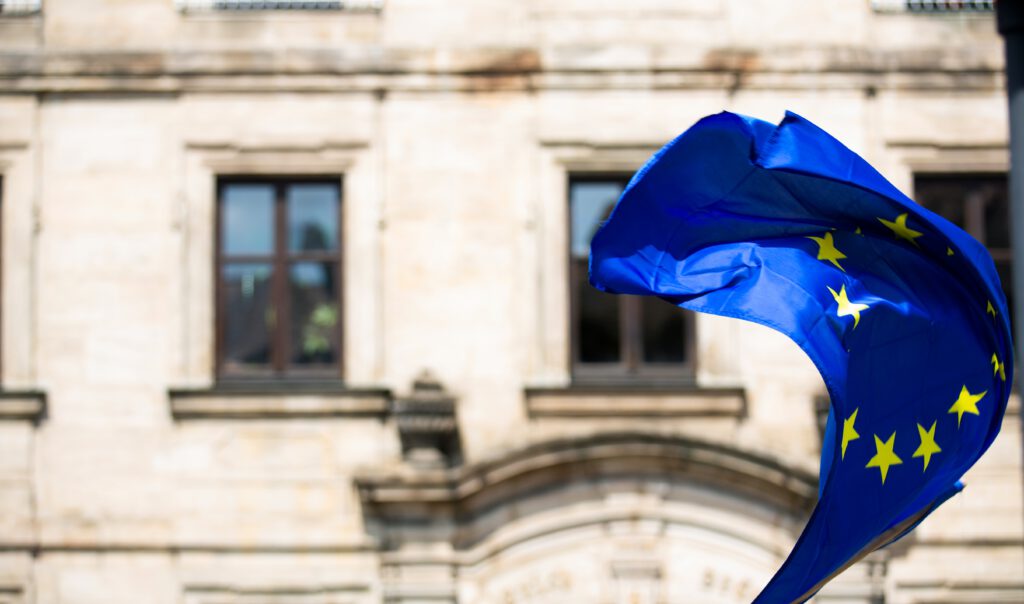Activities
GDL @ DAAD: Workshops to Drive Europe Forwards

Format
Topic
As part of a conference on ideas for Europe organised by DAAD, two sessions were hosted by GDL members Prof Dr Jernej Pikalo and Eleonora Tafuro Ambrosetti. The workshop by Jernej Pikalo explored options for optimal collaboration – especially post-Brexit UK, sharing of research capabilities, mobilities of researchers and educators on both sides, specifically encouraging participants to go beyond simple statements and try to envision the best possible solutions for the future UK-EU scientific collaboration. In the Policy Brief published after the conference, Jernej makes – among others – the following recommendations:
– Scientific cooperation should be granted its own special status, de-coupling it from other political and bureaucratic processes.
– As a fundamental building block to Post-Brexit Study and Research Cooperation, UK should reconsinder its involvement in the Erasmus+ programme with the support of EU.
– Double diplomas of European Universities with UK would encourage cross-communication and foster positive future working relationships.
For decades, the EU has been trying to shape a common and effective Russia policy. Yet, the latest aggression against Ukraine has shown Western policies’ failure towards Moscow. The war has also shown that Brussels still relies very much on NATO and the US when it comes to European security. Eleonora’s workshop explored the US’s role in defining the EU Russia policy through the lens of the contested “strategic autonomy” concept. The workshop also looked at possible conflict developments, including Ukraine’s deeper integration (and potential membership) in the EU. Its goal was to come up with practical recommendations for the EU decision-makers on enhancing Brussels’ voice and interests when it comes to dealing with its most troublesome Eastern neighbour. These are summerized in Eleonora’s Policy Brief that contains the following aspects:
– EU should forster people-to-people contact by reaching out to Russian citizens or by finding ways to bypass media laws in Russia.
– The involvement of citizen lobbies and use of personal connections (networks) in policy design can lead to more inclusive and impactful policies towards Ukraine.
– One main goal is to achieve EU’s energy independence through – among others – the REpowerEU plan, harsh sanctions and a new European energy solidarity mechanism.
You can find more information about the event here.